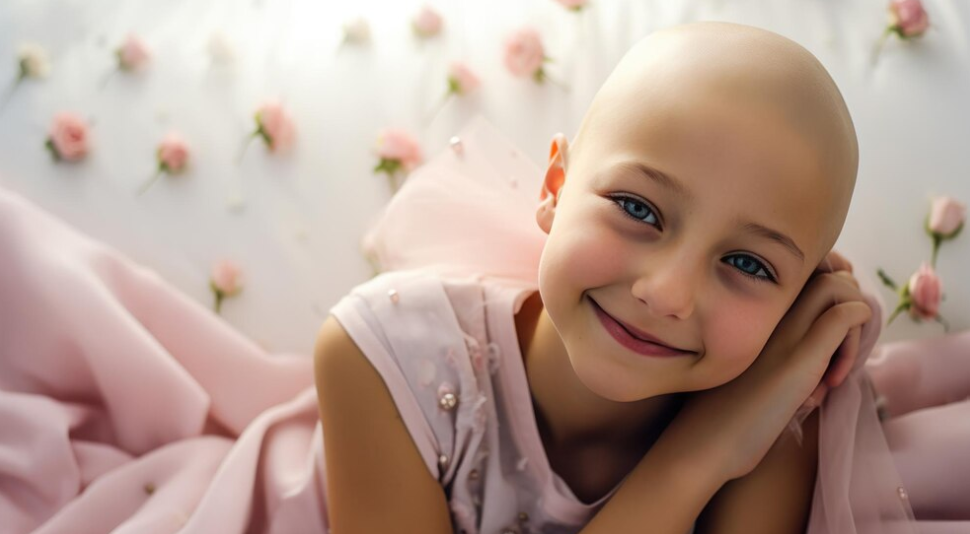
When it comes to pediatric oncology, Dr. Vikas Dua, recognized as the best pediatric hematologist in Delhi, share vital insights that every family should know. From dispelling myths to advocating for preventative measures, here are 10 things Dr. Dua wants you to be aware of:
- Cancer Isn’t as Rare as You Think:
- Technically, childhood cancer is deemed rare compared to adult cancer, but its prevalence might surprise you. Beyond the medical realm, you likely know someone—an acquaintance, coworker, or friend—who has encountered childhood cancer. Raising awareness is the first step in understanding the impact.
- Curing vs. Preventing Cancer:
- Achieving a cure doesn’t equate to preventing cancer. While advancements have led to a near 90 percent survival rate for childhood cancers, Dr. Dua emphasizes the ongoing need for better treatments. The goal is perfection—ensuring that every child not only survives but thrives post-treatment.
- Acknowledging Treatment Side Effects:
- Understanding the harsh reality of cancer treatments, Dr. Dua recognizes the side effects that accompany medications. It’s a constant struggle, and the medical community is dedicated to finding more effective and less invasive solutions.
- Prioritizing Prevention:
- Prevention is paramount in the fight against cancer. Dr. Dua advocates for simple yet powerful measures like sunscreen application, educating children about healthy habits, and fostering overall well-being. Empowering families with preventive strategies is a shared responsibility.
- Vaccines Save Lives:
- Dr. Dua stresses the significance of vaccines in saving lives. Some pediatric cancer patients temporarily lose immunity due to treatments, making them vulnerable to vaccine-preventable illnesses. Community immunity becomes a protective shield, underscoring the importance of vaccinations.
- Highlighting Good Amidst Challenges:
- Despite the challenges, Dr. Dua invites you to witness the goodness prevailing at the Cancer Center. Meet the dedicated professionals, compassionate families, and resilient children. Amidst adversity, the human spirit shines, and the medical community works collectively toward a brighter future.
- Belief in Miracles:
- Miracles are part of Dr. Dua’s belief system, free from a price tag. Cautioning against unverified miracle cures, he reassures that the medical community operates transparently. Open communication ensures that parents are informed about potential treatments, risks, and chances of success.
- Balancing Natural Approaches:
- Dr. Dua encourages an open dialogue about natural approaches. While he recognizes their relevance in certain situations, he emphasizes the importance of transparency. Communication between families and healthcare providers ensures a holistic understanding of a child’s health journey.
- Healing vs. Curing:
- Healing and curing are not synonymous in every scenario. Dr. Dua’s commitment as a physician extends beyond curing; it embraces healing, recognizing the multifaceted nature of healthcare. Each child’s situation is unique, requiring an individualized approach.
- Uncomfortable Realities:
- Dr. Dua acknowledges the discomfort associated with witnessing children undergoing therapy. The emotional impact is profound, especially for those with children of their own. The fear of “what if it happens to my child” is visceral, urging everyone to confront uncomfortable truths. Ignorance does not diminish the likelihood of cancer affecting a loved one. Facing the statistics—1 in 3 people developing cancer in their lifetime and 1 in 285 children developing cancer before 18—compels us to advocate collectively for our children.
In conclusion, Dr. Vikas Dua, the best Pediatric Hematologist in Delhi believes that by fostering awareness and understanding, families can actively contribute to the well-being of children facing the challenges of pediatric oncology.

